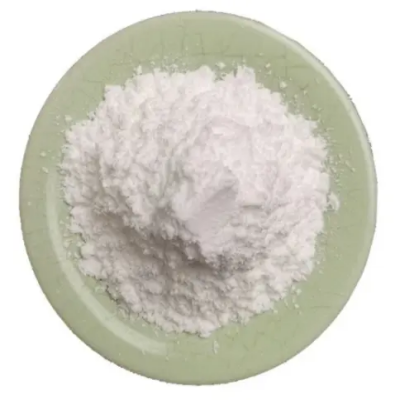Adenosine CAS:58-61-7
Adenosine is a vital nucleoside formed by the combination of the nitrogenous base adenine and the sugar ribose. It plays an integral role in biochemistry and physiology, particularly in the context of energy transfer within cells. As a key component of ATP (adenosine triphosphate), adenosine serves as a critical energy carrier, facilitating numerous biochemical reactions essential for life. In addition to its role in energy metabolism, adenosine functions as a signaling molecule. It interacts with specific G-protein-coupled receptors known as adenosine receptors (A1, A2A, A2B, and A3). These receptors are widely distributed throughout the body and affect various physiological processes, including heart rate modulation, vasodilation, and neurotransmitter release. For example, activation of A1 receptors can lead to a decrease in heart rate, while A2A receptor stimulation promotes vasodilation, enhancing blood flow. Adenosine is also crucial for regulating sleep. It accumulates in the brain during wakefulness, promoting feelings of fatigue and sleepiness, thereby participating in the homeostatic control of sleep-wake cycles. Additionally, adenosine has neuroprotective properties and is involved in the mechanisms of ischemia, where it helps to protect tissues from damage due to insufficient blood supply. Clinically, adenosine is employed in emergency medicine to manage certain types of supraventricular tachycardia (SVT) by temporarily interrupting the re-entry pathways in the heart, restoring normal rhythm. Its diverse roles in cellular function, cardiovascular health, and neurological processes highlight the significance of adenosine in both health and disease management.



| Composition | C10H13N5O4 |
| Assay | 99% |
| Appearance | white powder |
| CAS No. | 58-61-7 |
| Packing | Small and bulk |
| Shelf Life | 2 years |
| Storage | Store in cool and dry area |
| Certification | ISO. |









